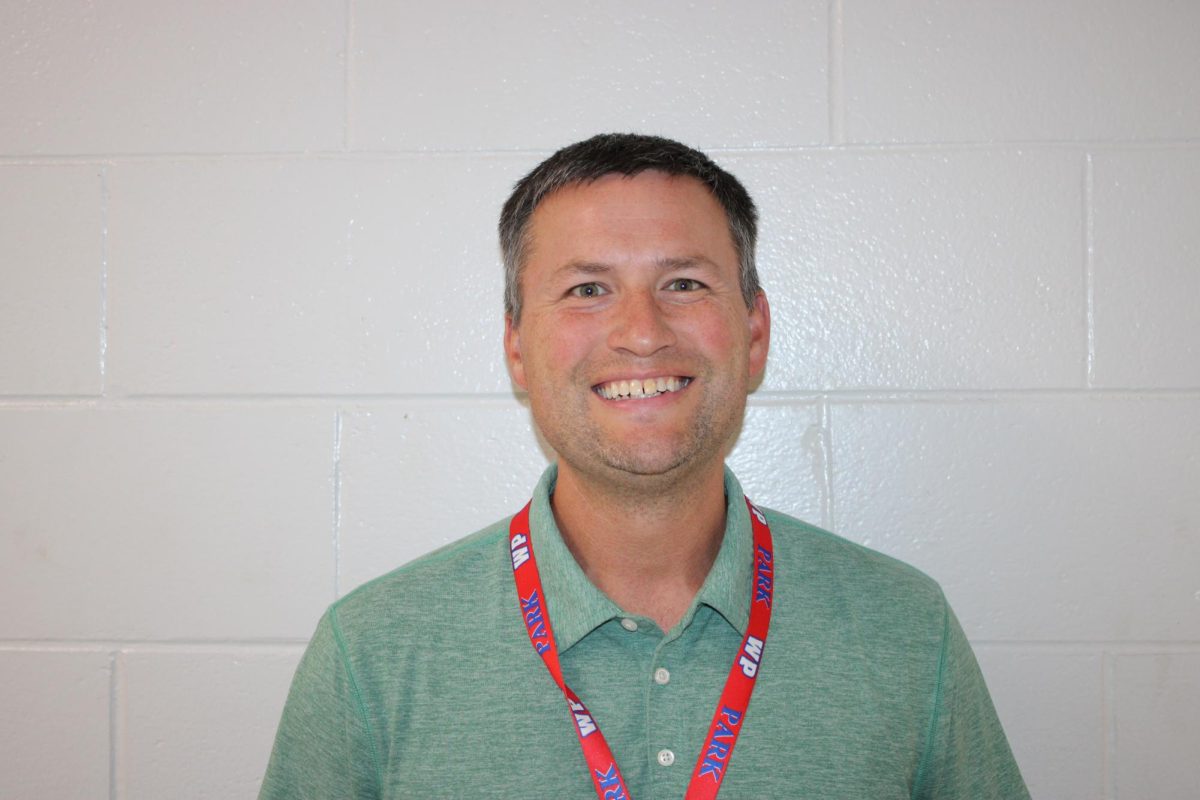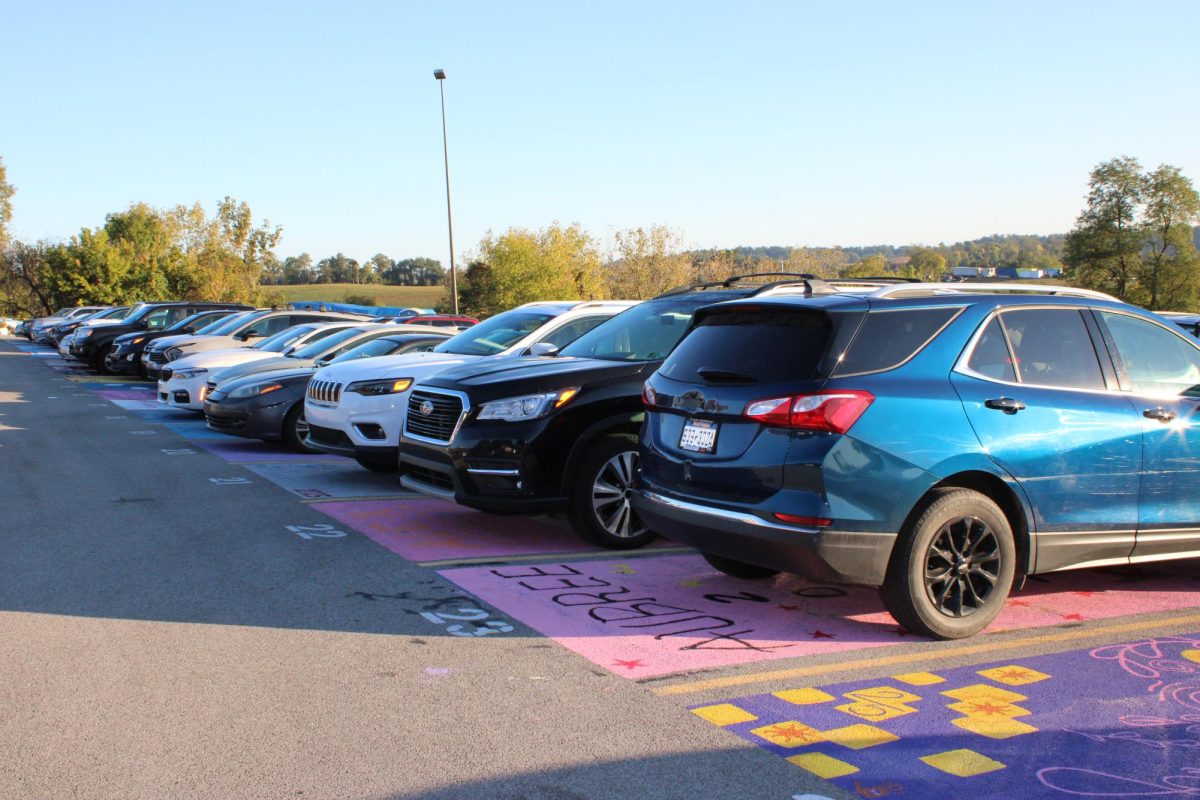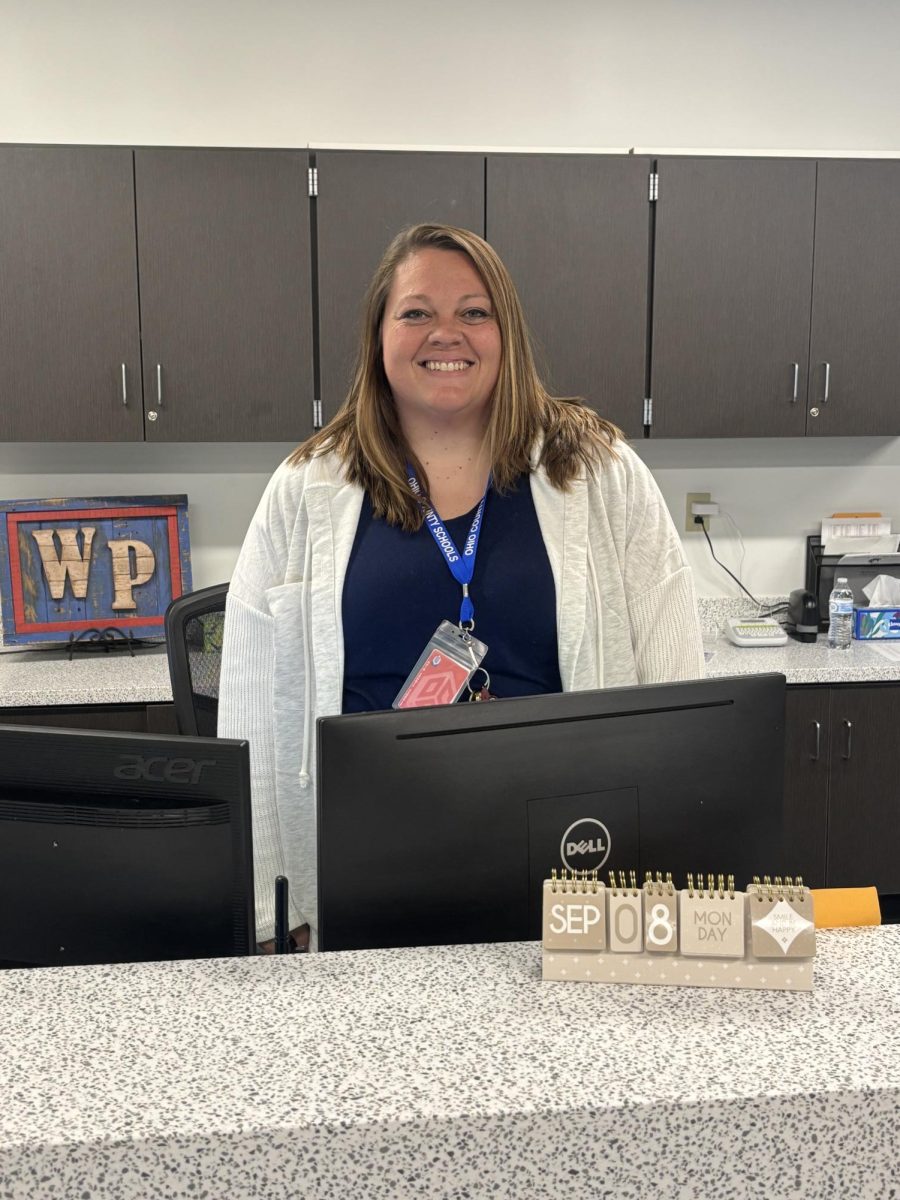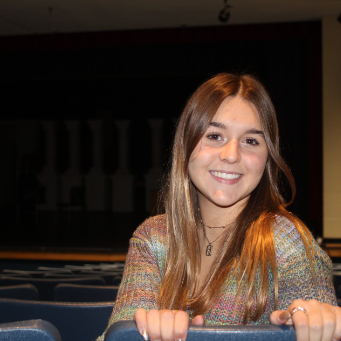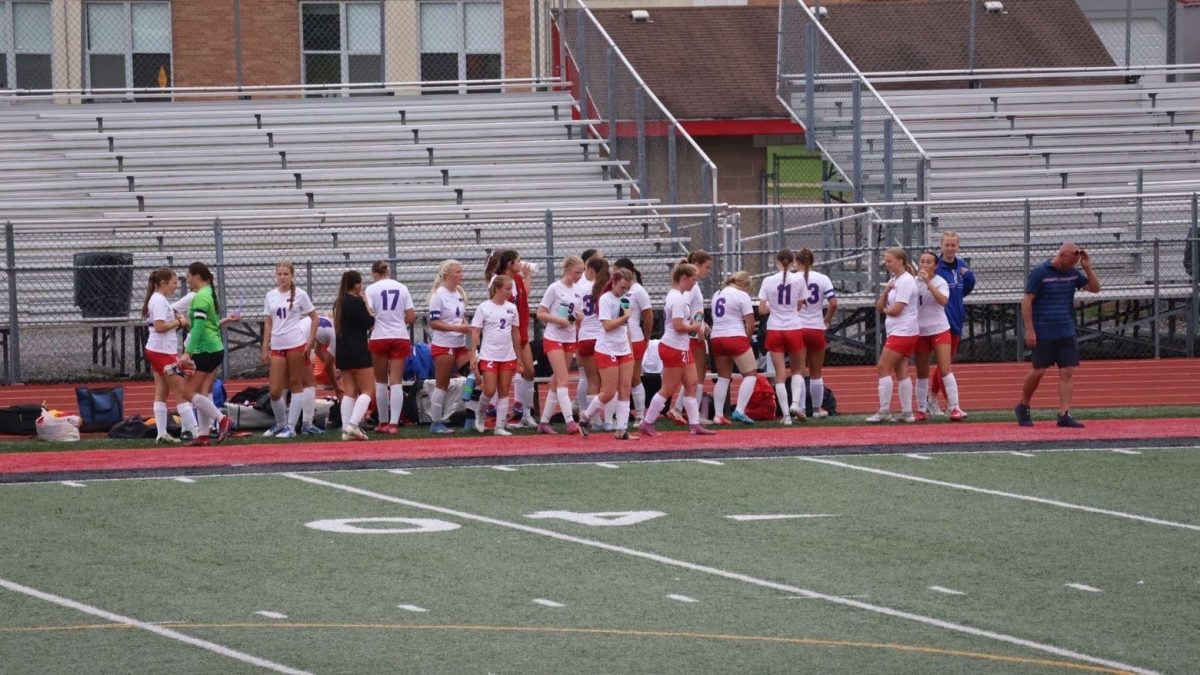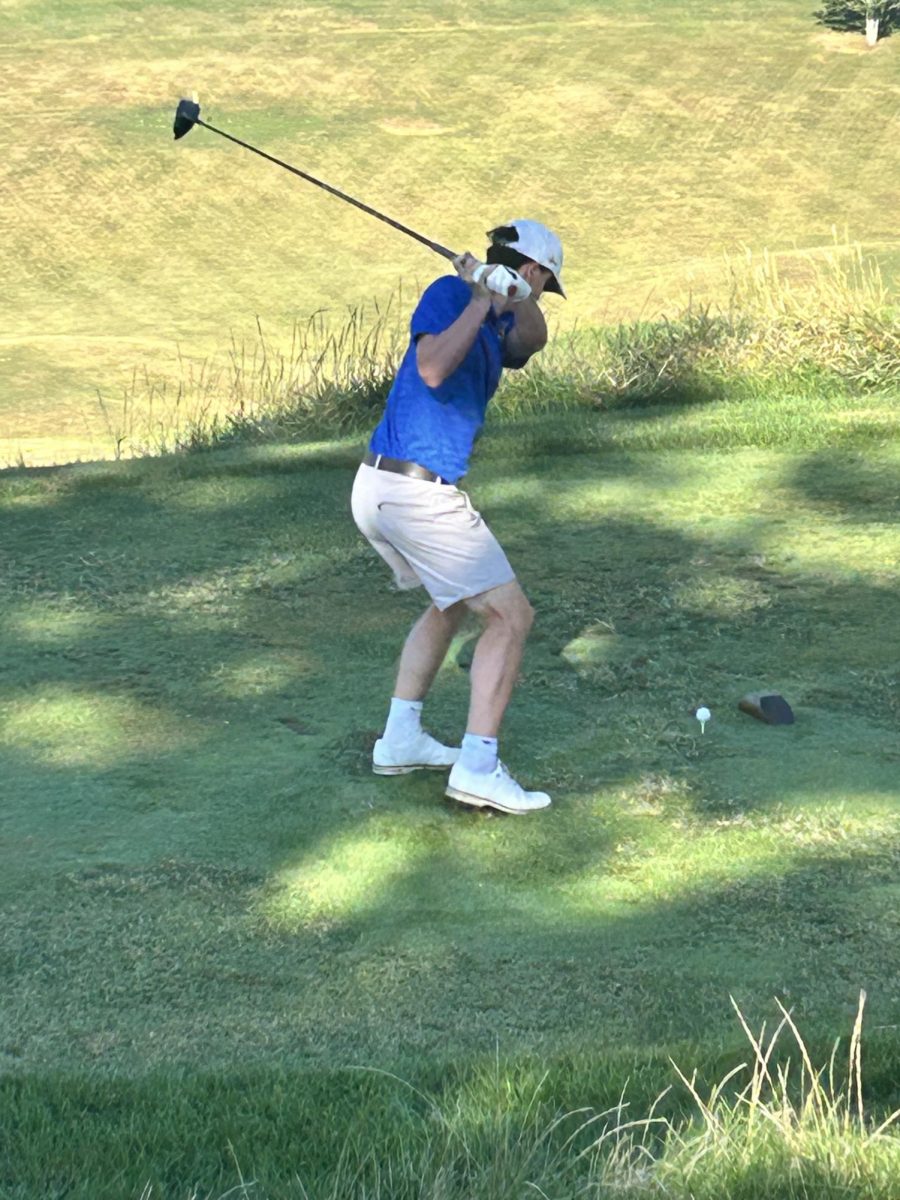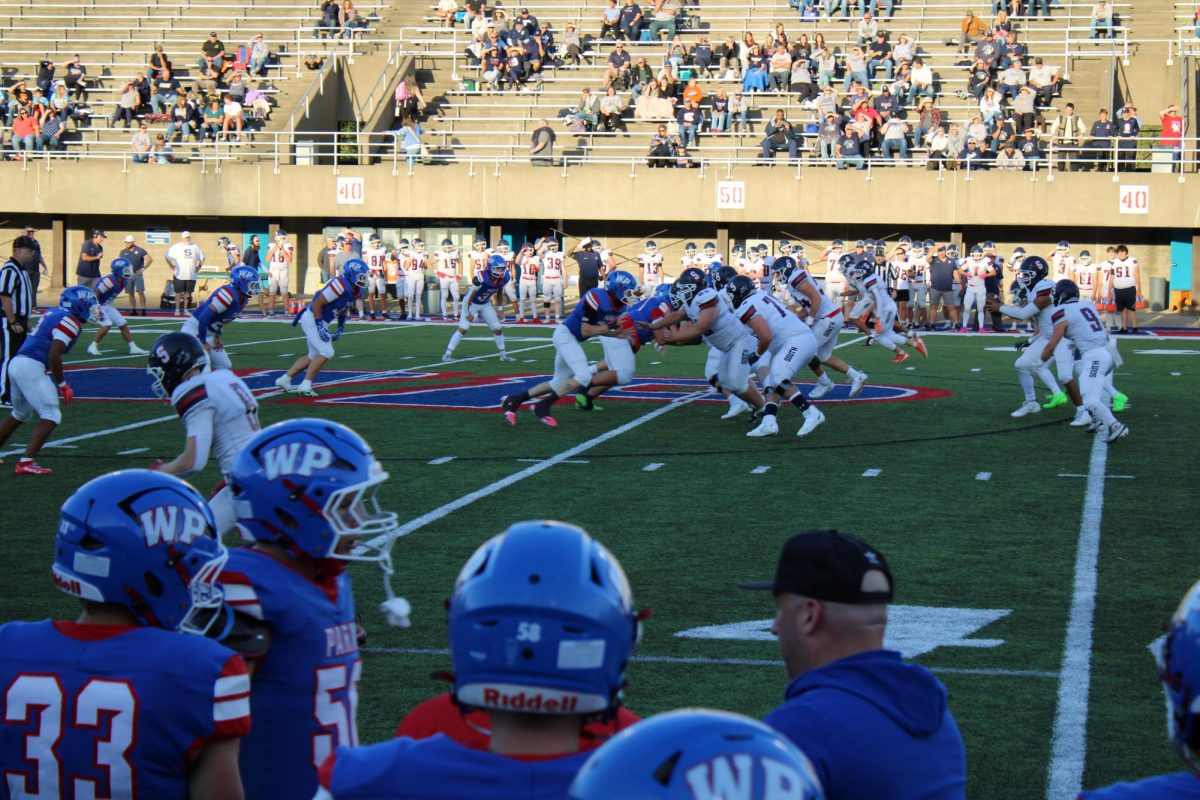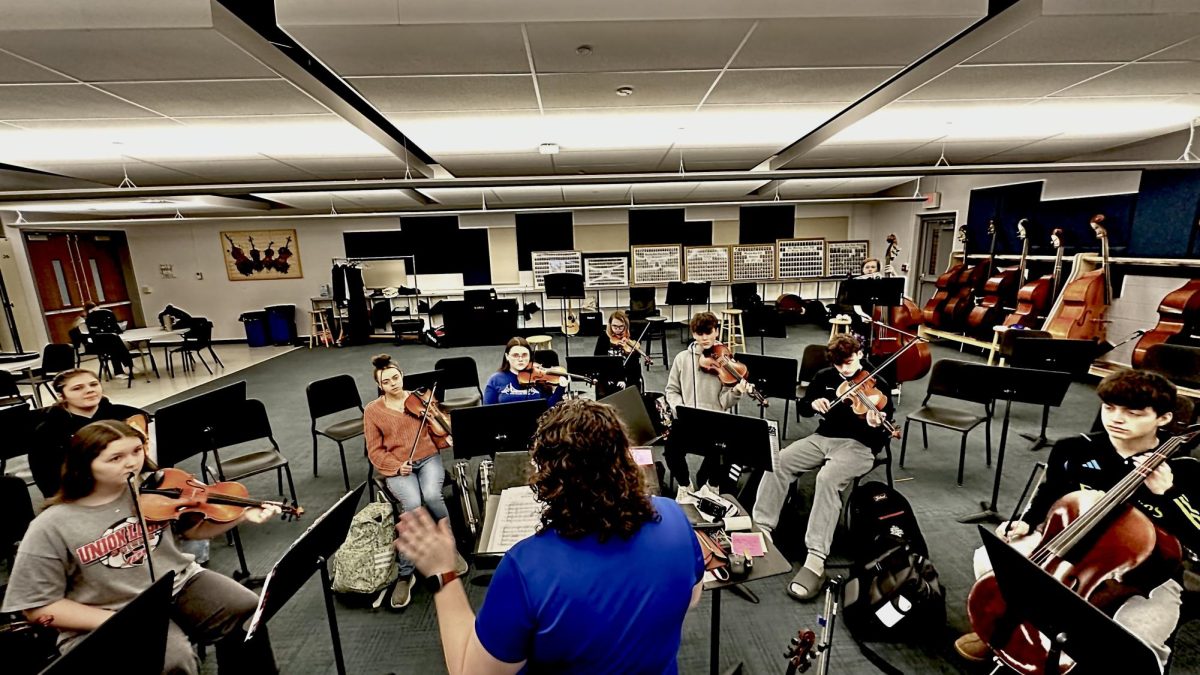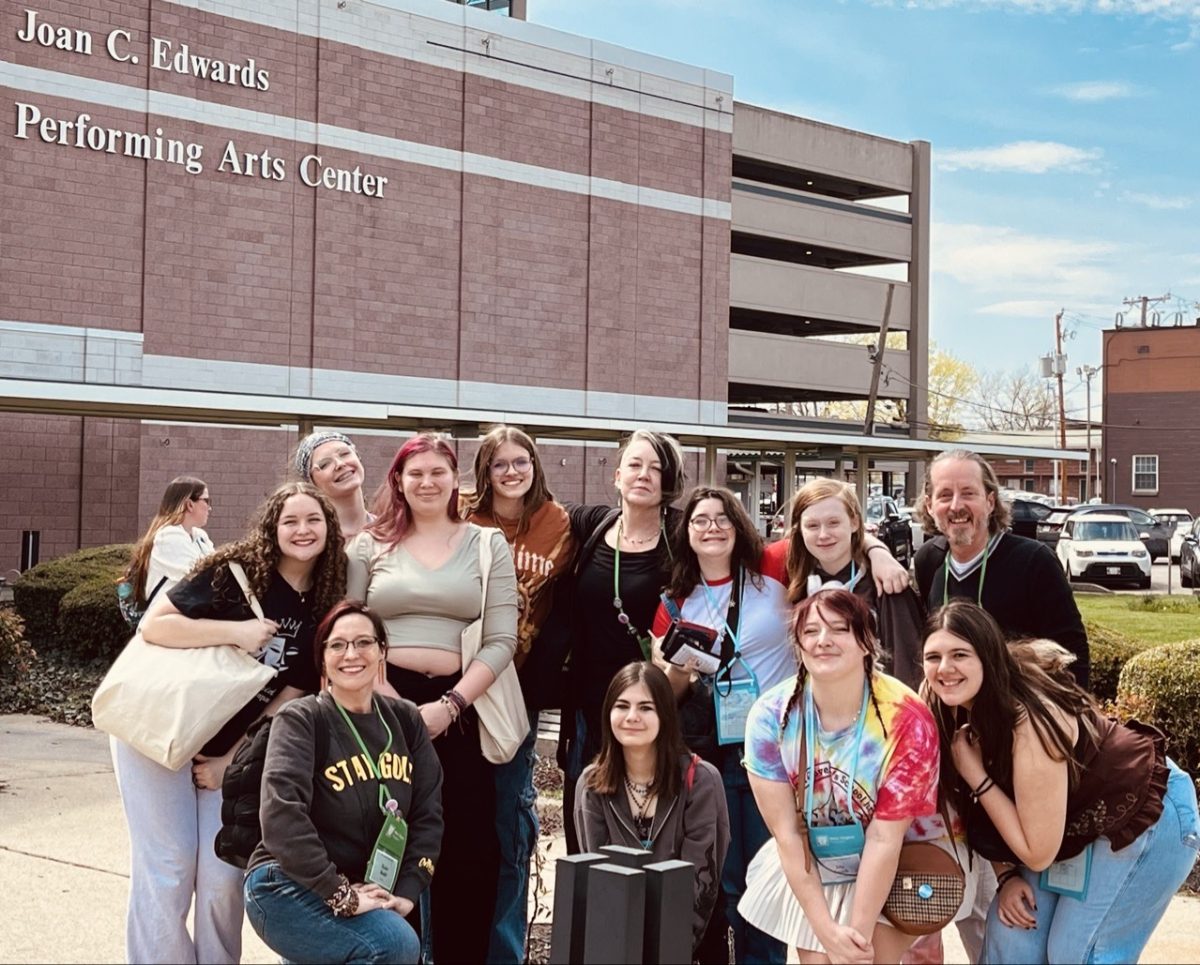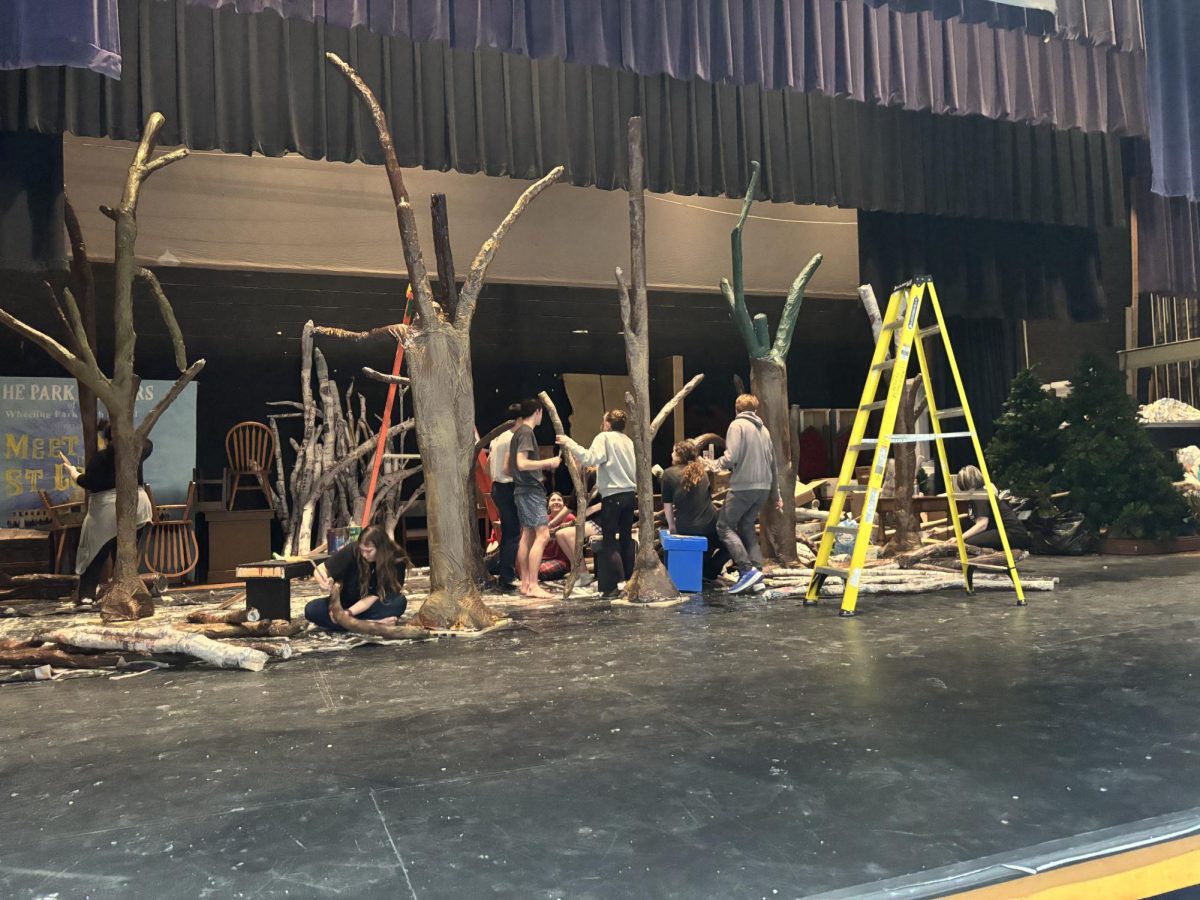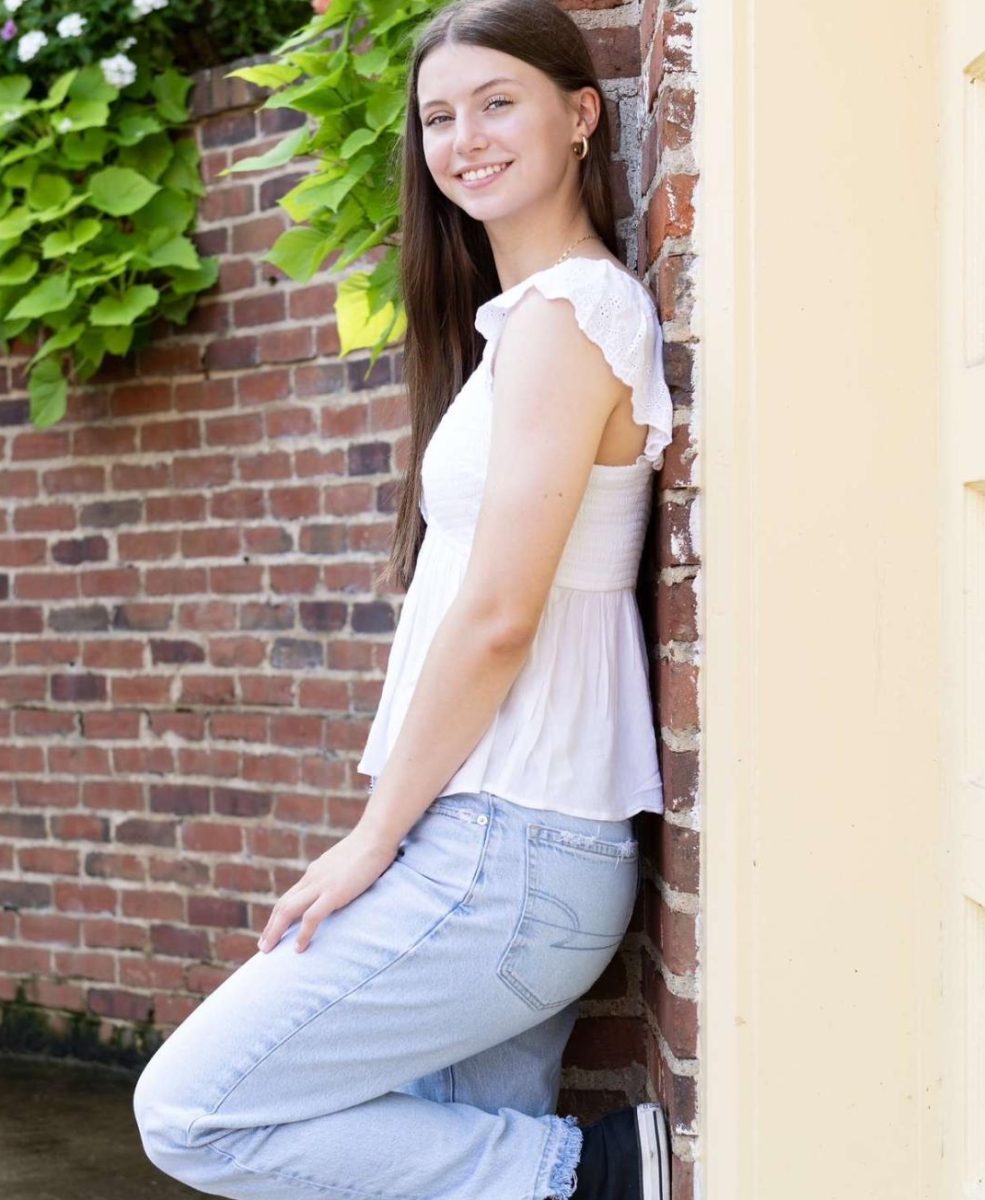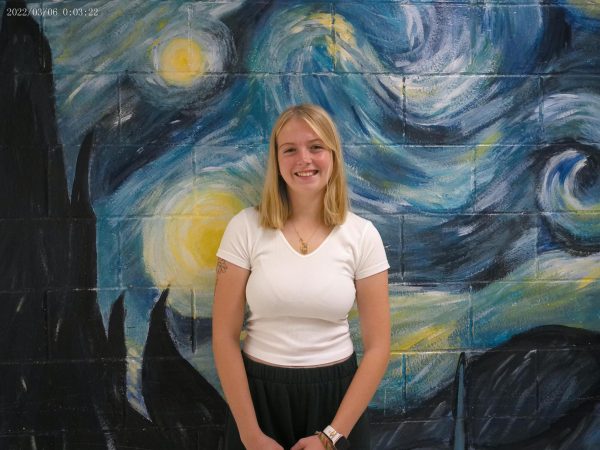Approximately 17% of kids ages three through 17 have at least one developmental disability. Being a parent has its challenges, but being a parent to a kid with developmental disabilities can have additional challenges that other parents can’t understand. But there are also many positive things that can come out of parenting a child with developmental disabilities.
“A developmental disability is where an individual is considered to have subaverage intellectual functioning existing with deficits in adaptive skills as well. These deficits usually show in utero, at birth, or within the early years of a person’s life,” said Ashlee Kuca, a teacher and a part of the SUCCEED program at Wheeling Park.
A day in the life of a person with developmental disabilities can be affected in more ways than one, according to Brandie Lackie, teacher at West Liberty elementary and mother of Aiden Lackie who is autistic and nonverbal.
“You can’t always see a developmental disability like you can a physical disability. Because of this, we often get many looks, stares, and rude comments when out in public,” said Lackie.
As a student body and a community, we can help people with developmental disabilities by being kind and inclusive.
“Kids can simply show more compassion to kids with developmental disabilities and be inclusive. Children with developmental disabilities tend to crave and adore when their neurotypical peers engage with them,” said Shannon Tamburin, mother of Tucker Tamburin.
If you would like to educate yourself further about developmental disabilities, you can research online, and get involved in things around your community.
“You can educate yourself on developmental disabilities by volunteering at local events for kids or adults with disabilities, like the Miracle League. Ask questions to any caregivers of those with disabilities. We love that! Just be respectful as you ask. Obviously you can go online to learn. Autism Speaks is a good one for children with autism,” said Lakie.

